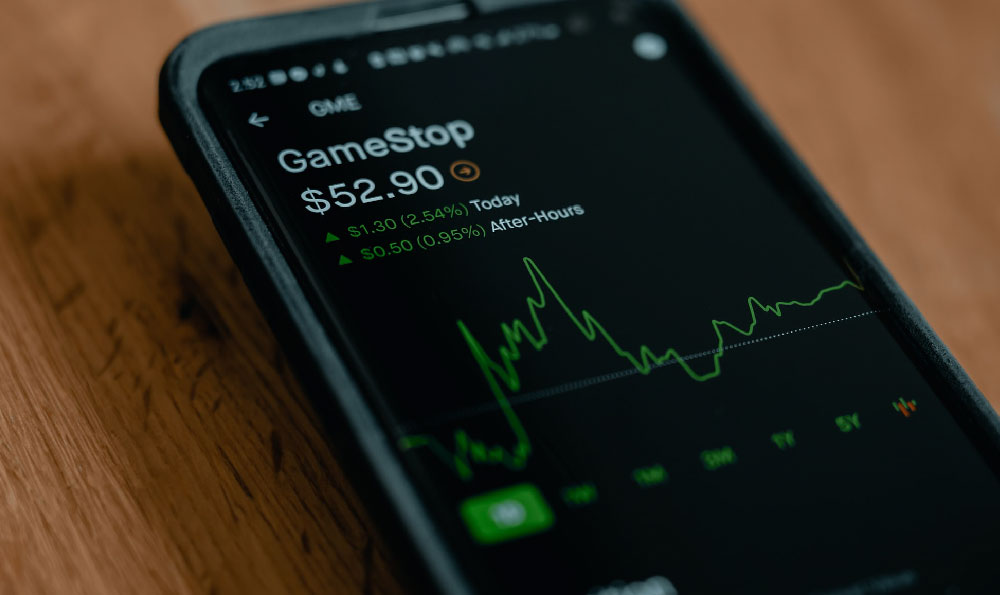How to Monetize Pinterest: Can You Really Make Money?
Pinterest, often perceived as a platform for crafting ideas, interior design inspiration, and delectable recipes, harbors a surprising potential for monetization. While it might not immediately spring to mind as a direct revenue generator like YouTube or Instagram, its unique characteristics offer a distinct pathway to financial gain. The question isn't just if you can make money on Pinterest, but rather how strategically and effectively you can tap into its user base and leverage its visual appeal to build a profitable presence.
The foundation of monetizing Pinterest lies in understanding its core function: visual discovery. Users come to Pinterest seeking inspiration, ideas, and solutions. This inherent search-oriented behavior sets the stage for targeted marketing and strategic content creation. Unlike other social media platforms where users primarily connect with existing friends or follow celebrities, Pinterest users are actively looking for something specific, making them highly receptive to relevant and engaging content that addresses their needs or interests.
One of the most common and effective methods is affiliate marketing. By creating compelling pins that link to products or services on other websites, and including your affiliate link in the pin description, you can earn a commission on any sales generated through those clicks. This strategy works particularly well when you curate boards around specific niches or themes, such as home decor, fashion, travel, or healthy living. The key to success with affiliate marketing is authenticity and relevance. Avoid simply spamming your followers with product links; instead, focus on providing valuable content that genuinely helps them solve a problem or achieve a desired outcome. For example, instead of just pinning a picture of a dress with an affiliate link, create a board showcasing different outfit ideas incorporating that dress, along with tips on how to style it for various occasions. This adds value for the user and increases the likelihood of them clicking on your affiliate link.

Another viable route is to drive traffic to your own website or blog. Pinterest excels at generating referral traffic, which can significantly boost your website's visibility and ultimately increase your revenue. Whether you're selling your own products or services, offering online courses, or monetizing your blog through advertising, Pinterest can be a powerful engine for driving qualified leads to your online presence. The trick here is to create visually stunning and informative pins that entice users to click through to your website. High-quality photography and compelling graphics are essential, as is writing clear and concise pin descriptions that highlight the value proposition of your content. Consider using Pinterest's Rich Pins feature, which automatically adds extra information to your pins, such as the price and availability of a product or the ingredients and instructions for a recipe.
For creative professionals, Pinterest can serve as a potent portfolio and lead generation tool. Photographers, artists, designers, and other creatives can showcase their work on Pinterest, attracting potential clients and collaborators. By creating boards that highlight your best projects and providing clear contact information, you can use Pinterest to build your brand and generate new business opportunities. This approach is particularly effective for visually driven industries, where potential clients can easily assess your style and capabilities through your Pinterest profile. Furthermore, you can use Pinterest Analytics to track which of your pins are performing best and identify the types of content that resonate most with your target audience.
Directly selling products on Pinterest is also a growing trend, thanks to features like Product Pins and Buyable Pins (though Buyable Pins are less emphasized now). Product Pins allow you to add detailed information about your products directly to your pins, making it easier for users to find and purchase them. While setting up a full-fledged e-commerce store on Pinterest can be complex, it can be a lucrative option for businesses that sell visually appealing products. Optimizing your product listings with relevant keywords and high-quality images is crucial for maximizing your visibility and driving sales.
However, monetizing Pinterest isn't without its challenges. The platform's algorithm is constantly evolving, requiring a proactive and adaptable approach. It's essential to stay up-to-date on the latest best practices and experiment with different strategies to find what works best for your niche and target audience. Furthermore, competition on Pinterest can be fierce, so it's important to differentiate yourself by creating unique and high-quality content that stands out from the crowd. This includes investing in professional photography or graphic design, crafting compelling pin descriptions, and consistently engaging with your followers.
One common pitfall to avoid is focusing solely on self-promotion. While it's important to showcase your own products or services, it's equally important to provide value to your followers by curating relevant and informative content from other sources. By becoming a trusted source of information and inspiration, you can build a loyal following and establish yourself as an authority in your niche. Remember, Pinterest is a social platform, so it's crucial to be active and engaged with the community. This includes following other users, commenting on their pins, and participating in group boards.
Finally, it's essential to track your results and analyze your data. Pinterest Analytics provides valuable insights into your audience demographics, pin performance, and website traffic. By monitoring these metrics, you can identify what's working and what's not, and adjust your strategy accordingly. For instance, if you notice that certain types of pins are generating a high number of clicks but a low number of conversions, you might need to re-evaluate your website landing page or your product pricing. Data-driven decision-making is crucial for maximizing your ROI and achieving long-term success on Pinterest.
In conclusion, monetizing Pinterest is indeed possible, but it requires a strategic and consistent effort. By understanding the platform's unique characteristics, creating high-quality content, and engaging with the community, you can tap into its vast potential and build a profitable presence. Whether you're an affiliate marketer, a blogger, a creative professional, or an e-commerce business owner, Pinterest offers a valuable avenue for generating revenue and reaching a wider audience. Remember to focus on providing value, staying up-to-date on the latest trends, and continuously analyzing your results to optimize your strategy for maximum impact. The key is to treat Pinterest not just as a visual scrapbook, but as a powerful marketing tool with the potential to drive significant financial growth.















